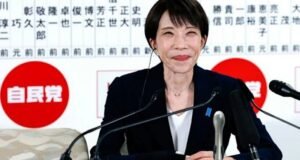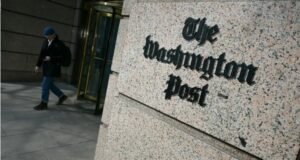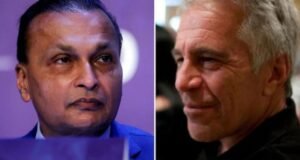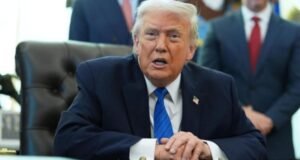
NATO member states agreed Wednesday to a significant increase in defence spending, meeting US President Donald Trump’s long-standing demand and allowing him to declare a “monumental win” for the United States.
The agreement, reached at a two-day summit in The Hague, will see NATO countries aim to spend five percent of GDP on defence and security.
Trump, who has frequently criticised European allies for underspending on defence, celebrated the move as a personal and diplomatic victory. “It’s a fantastic outcome,” he said. “No one really thought this was possible.”
The new target includes a commitment of 3.5 percent of GDP on core military spending by 2035, with the remaining 1.5 percent directed toward broader security-related needs, such as infrastructure. The plan is intended to provide flexibility for governments with tighter budgets, while giving Trump a clear political win ahead of a tough election campaign.
Spain, initially resistant to the spending increase, ultimately signed on to the pledge but indicated it could meet the commitments with lower actual spending. Trump responded with a veiled threat, warning of potential trade consequences if Spain fails to follow through.
To ensure Trump’s cooperation at the summit, organisers adjusted the format, reducing formal meetings and offering a symbolic gesture by hosting him overnight at the royal palace. Behind the scenes, the alliance was keen to avoid any disruption from the often unpredictable US leader.
A central focus of the summit remained Russia’s war in Ukraine. While the final declaration reaffirmed NATO’s collective defence guarantee under Article Five, it also included more cautious language than in previous years on Ukraine’s membership bid.
Ukraine’s President Volodymyr Zelensky played a less prominent role compared to earlier summits, with allies wary of creating tension with Trump, following a past diplomatic clash. Still, Trump and Zelensky met on the sidelines, with both describing their talks as positive.
Trump also said he had been in contact with Russian President Vladimir Putin about the war, adding, “I think progress is being made,” though he offered no further detail.
British Prime Minister Keir Starmer and other European leaders also met with Zelensky. Starmer expressed hope that the summit’s momentum could be used to further bolster support for Ukraine.
NATO Secretary-General Mark Rutte reiterated that Ukraine’s path to membership remains “irreversible,” although the final summit statement omitted any reference to a specific timeline for accession—something Trump had reportedly opposed.
Trump had raised alarm among allies ahead of the summit by questioning the reliability of NATO’s mutual defence clause. However, the final statement clearly reaffirmed the alliance’s Article Five guarantee, and Trump echoed that commitment in his closing remarks.
“I came here because it was something I’m supposed to be doing,” Trump said. “But I left here a little bit differently.”
“Without the United States, they couldn’t really have NATO. Wouldn’t work,” he added. “It will in the future, because now they’re paying much more money.”
 Weekly Bangla Mirror | Bangla Mirror, Bangladeshi news in UK, bangla mirror news
Weekly Bangla Mirror | Bangla Mirror, Bangladeshi news in UK, bangla mirror news







